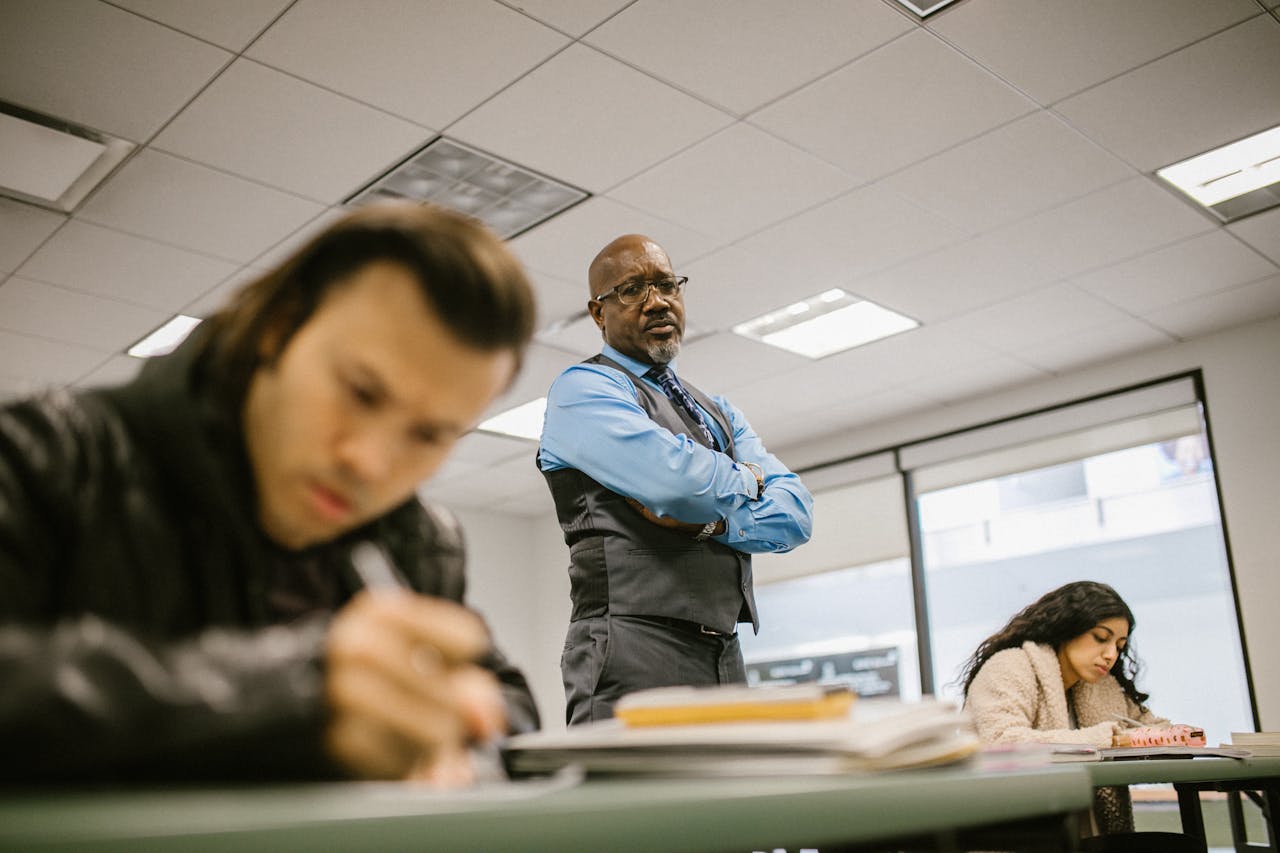Rehab For Drugs
Rehabilitation for drug addiction also emphasizes the development of coping strategies and life skills essential for maintaining sobriety post-treatment.
Our Facilities & Services
These services can be provided by various organizations, including hospitals, residential treatment centers, outpatient clinics, community organizations, and private practices. It’s essential to tailor the approach to each individual’s needs and to consider factors such as the type and severity of addiction, co-occurring disorders, social support, and personal preferences.
Drug rehab services encompass a range of programs and support systems designed to help individuals overcome substance abuse and addiction. These services typically include:

Assessment and Evaluation

Detoxification

Inpatient/Residential Treatment

Outpatient Treatment
Our Mission & Vision
Our mission is to provide compassionate and comprehensive care to individuals struggling with substance abuse and addiction. Through evidence-based treatment modalities, personalized plans, and a supportive community, we aim to empower our clients to achieve lasting recovery and improve their overall well-being. We are committed to fostering a safe, non-judgmental environment that promotes healing, growth, and the development of essential life skills. Our goal is to inspire hope, restore dignity, and facilitate a successful transition to a healthier, substance-free lifestyle for every individual we serve.
Our Story
Rehabilitation for drug addiction is a multifaceted process that encompasses various therapeutic interventions aimed at helping individuals overcome substance abuse and regain control of their lives. One key aspect of drug rehab is detoxification, which involves safely managing withdrawal symptoms as the body eliminates the substance from its system. This phase is crucial as it prepares individuals for the subsequent stages of treatment by addressing the physical dependence on drugs.
Following detox, rehab programs typically incorporate counseling and therapy sessions to address the psychological and emotional aspects of addiction. Cognitive-behavioral therapy (CBT), for example, helps individuals identify and change destructive thought patterns and behaviors associated with drug use. Group therapy sessions provide a supportive environment where individuals can share their experiences, challenges, and successes with others facing similar struggles, fostering a sense of community and understanding.
